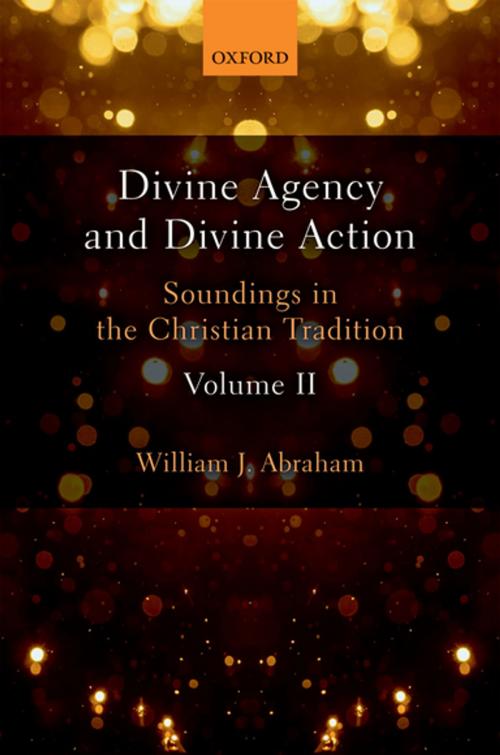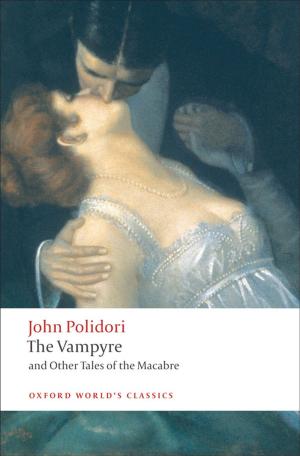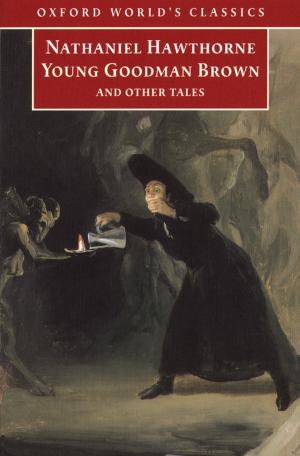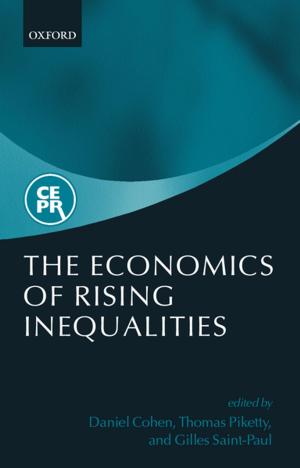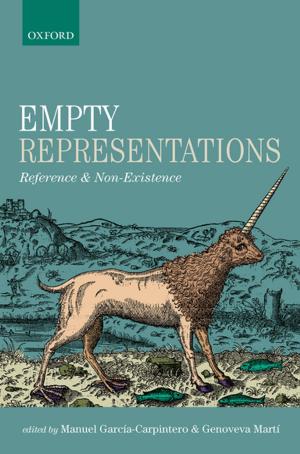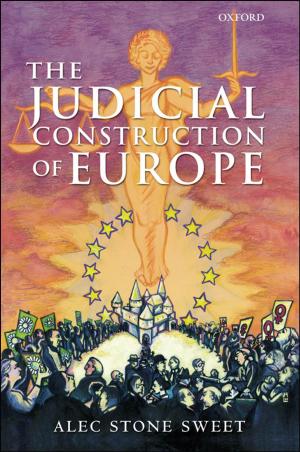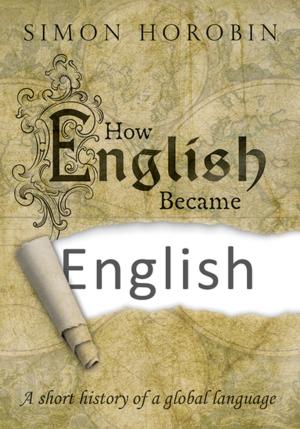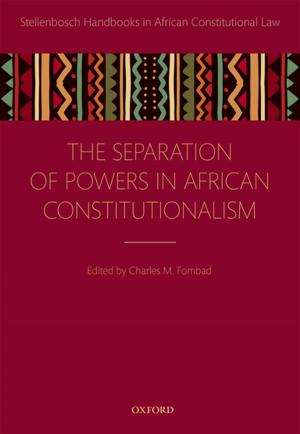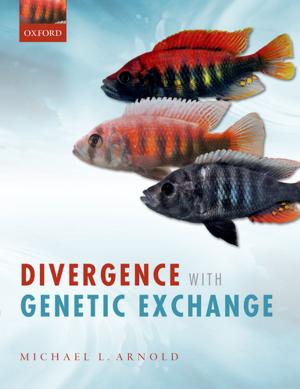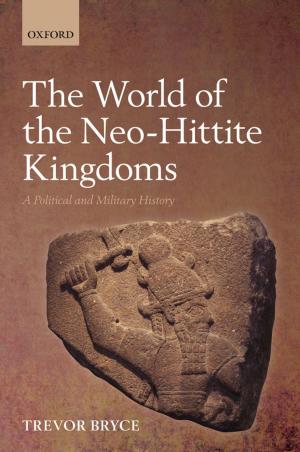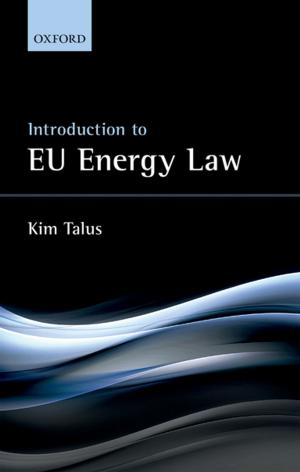Divine Agency and Divine Action, Volume II
Soundings in the Christian Tradition
Nonfiction, Religion & Spirituality, Theology, Philosophy| Author: | William J. Abraham | ISBN: | 9780192517760 |
| Publisher: | OUP Oxford | Publication: | October 27, 2017 |
| Imprint: | OUP Oxford | Language: | English |
| Author: | William J. Abraham |
| ISBN: | 9780192517760 |
| Publisher: | OUP Oxford |
| Publication: | October 27, 2017 |
| Imprint: | OUP Oxford |
| Language: | English |
Divine Agency and Divine Action, Volume II builds on Volume I, which established that no generic concept of action will suffice for understanding the character of divine actions explicit in the Christian faith. Volume II argues that in order to understand divine action, one must begin with the array of specific actions predicated of God in the Christian tradition. William J. Abraham argues that one must practice theology in order to analyze properly the concept of divine action. Abraham offers a careful review and evaluation of the particularities of divine action as they appear in the work of biblical, patristic, medieval, and Reformation-era theologians. Particular attention is given to the divine inspiration of scripture, creation, incarnation, transubstantiation in the Eucharist, predestination, and divine concurrence. The work does not simply repeat the doctrinal formulations found in the Christian tradition, but examines them in order to find fresh ways of thinking about these issues for our own time, especially with respect to the contemporary debates about divine agency and divine action.
Divine Agency and Divine Action, Volume II builds on Volume I, which established that no generic concept of action will suffice for understanding the character of divine actions explicit in the Christian faith. Volume II argues that in order to understand divine action, one must begin with the array of specific actions predicated of God in the Christian tradition. William J. Abraham argues that one must practice theology in order to analyze properly the concept of divine action. Abraham offers a careful review and evaluation of the particularities of divine action as they appear in the work of biblical, patristic, medieval, and Reformation-era theologians. Particular attention is given to the divine inspiration of scripture, creation, incarnation, transubstantiation in the Eucharist, predestination, and divine concurrence. The work does not simply repeat the doctrinal formulations found in the Christian tradition, but examines them in order to find fresh ways of thinking about these issues for our own time, especially with respect to the contemporary debates about divine agency and divine action.
